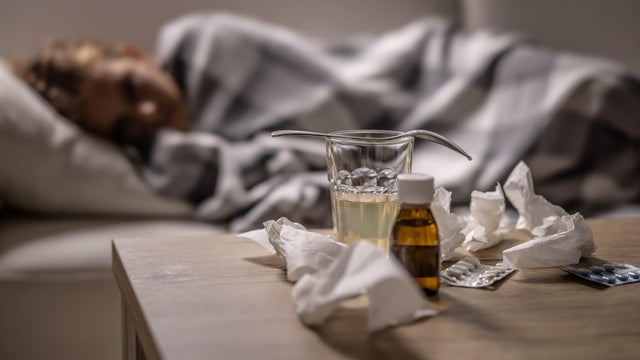
Flu season is ramping up, and some experts are "pretty worried"
Doctors and scientists say this year's influenza season could be tougher than usual, with a new version of the flu virus, called H3N2, spreading quickly.
Watch CBS News
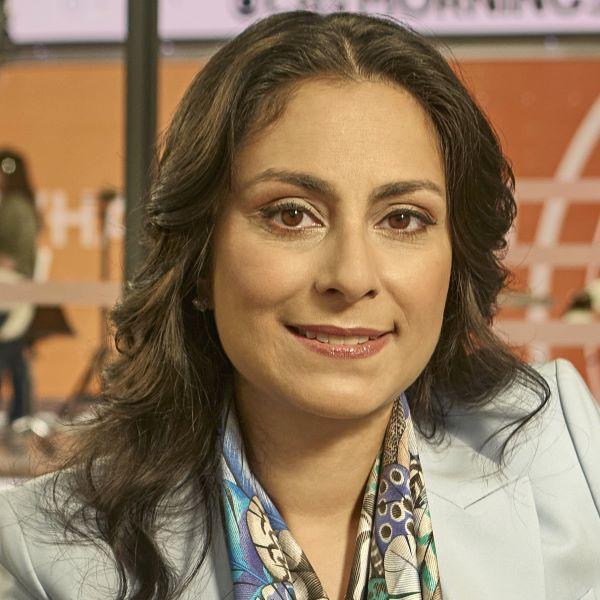
Dr. Céline Gounder is a CBS News medical contributor where her reporting on medical and health issues appears across all platforms and programs, including "CBS Mornings" and CBS News 24/7. She is also the editor-at-large for public health at KFF Health News.
Gounder is also a member of CBS News and Stations' Medical, Health, and Wellness Unit, a center of reporting excellence focused on delivering stories that matter to viewers.
Gounder is considered one of the world's leading scientific, medical, and public health communication experts. At CBS News, she has reported on a wide range of issues, including cyberattacks on hospitals, the COVID-19 pandemic, the rise in opioid addiction, mammograms, monkeypox, and more.
Gounder is a clinical associate professor of medicine and infectious diseases at New York University's Grossman School of Medicine. She also treats patients at Bellevue Hospital Center.
Before joining CBS, Gounder was a CNN medical analyst. She's also published more than 100 op-eds in outlets such as the New York Times, The Atlantic, The New Yorker and the Washington Post.
Gounder founded Just Human Productions, a nonprofit multimedia organization that produced two podcasts, "American Diagnosis" and "Epidemic."
From 2017 to 2018, Gounder cared for patients part-time at the Indian Health Service and tribal health facilities in the southwest and far northeast of the United States. In early 2015, Gounder volunteered as an Ebola aid worker in Guinea for two months.
Early in her career, Gounder worked in Brazil and southern Africa on screening for tuberculosis in high-risk HIV-infected and -uninfected populations, validating novel tests and algorithms for tuberculosis diagnosis and expedited treatment, and drug-drug interactions among pregnant women with TB and HIV.
While on faculty at Johns Hopkins, Gounder was the director for delivery for the Gates Foundation-funded Consortium to Respond Effectively to the AIDS/TB Epidemic. She went on to serve as assistant commissioner of health for Tuberculosis at the New York City Department of Health and Mental Hygiene.
Gounder has earned numerous awards, including a 2023 Edward R. Murrow Award for her and her team's work in the podcast category.
She received her BA in Molecular Biology from Princeton University, her Master of Science in Epidemiology from the Johns Hopkins Bloomberg School of Public Health, and her MD from the University of Washington. Gounder was an intern and resident in Internal Medicine at Harvard's Massachusetts General Hospital and a post-doctoral fellow in Infectious Diseases at Johns Hopkins University.

Doctors and scientists say this year's influenza season could be tougher than usual, with a new version of the flu virus, called H3N2, spreading quickly.
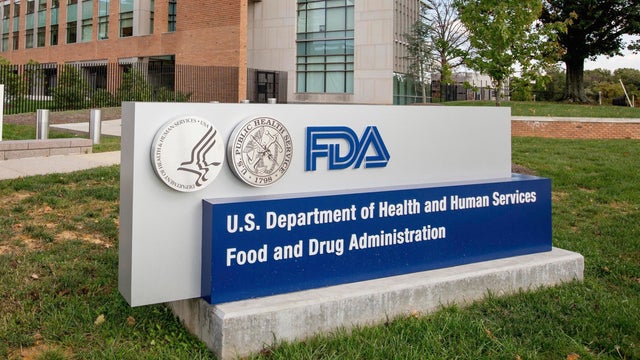
A memo from Dr. Vinay Prasad, the head of the FDA's Center for Biologics Evaluation and Research, may signal an effort to to rewrite the rules governing the U.S. vaccine system.
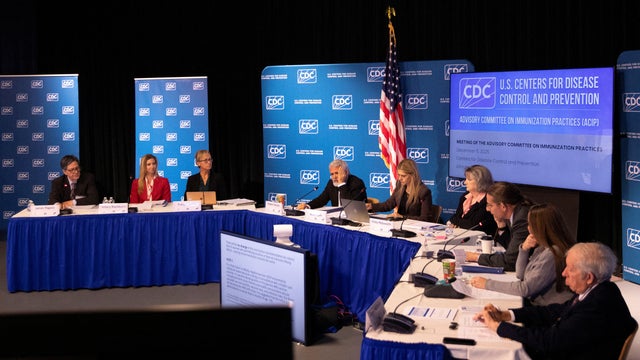
Clinicians and epidemiologists warn the decision could unravel decades of progress and expose newborns to a deadly, preventable disease.
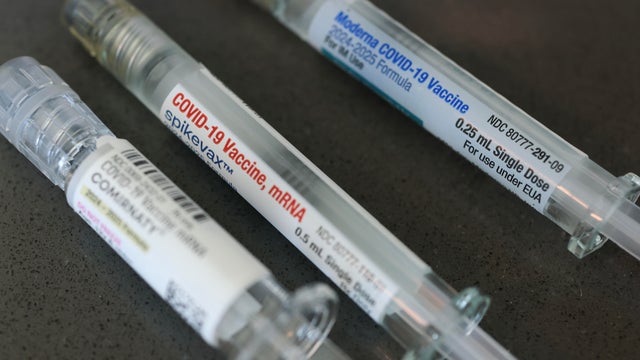
Dr. Vinay Prasad, the director of the FDA's vaccine division, did not provide data to back the claim in a memo sent to staff.
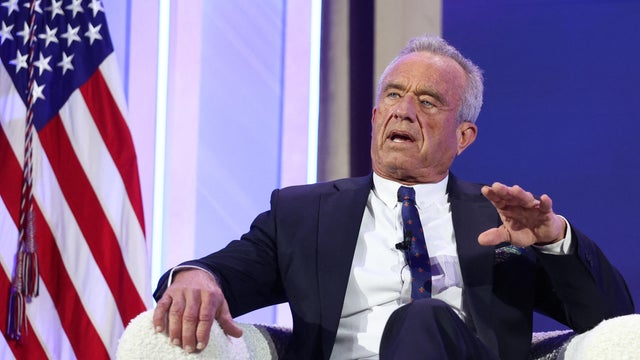
HHS Secretary Robert F. Kennedy Jr. claims that the aluminum ingredients in vaccines cause a variety of harmful reactions, from allergies to autism. Scientists say that's wrong and warn of risks if they're removed.
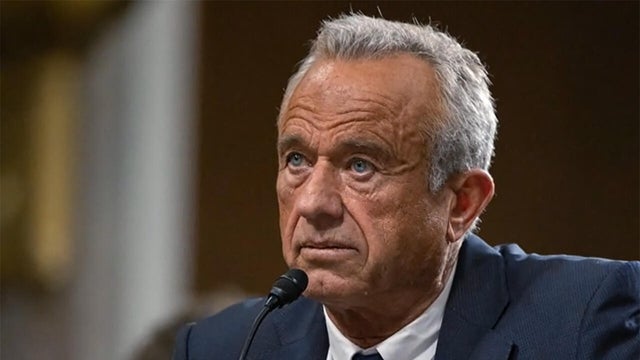
Multiple CDC officials familiar with the situation said the change was made by political appointees without input from relevant agency staffers.
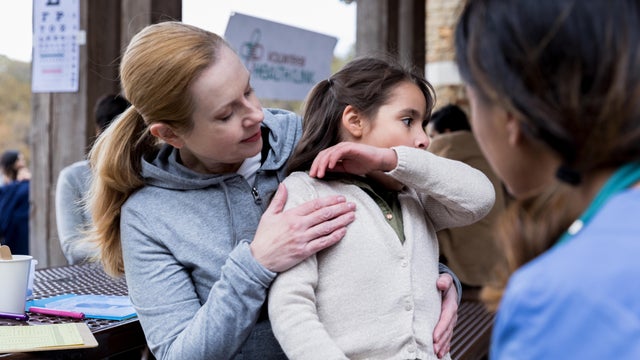
New details from health officials suggest the whooping cough surge may be part of a national pattern driven by slipping vaccine coverage and waning immunity, with infants bearing the brunt.

The study sought to answer questions about how breast cancer risk differs by type of hormonal contraceptive. Doctors say the results won't change how they counsel patients.
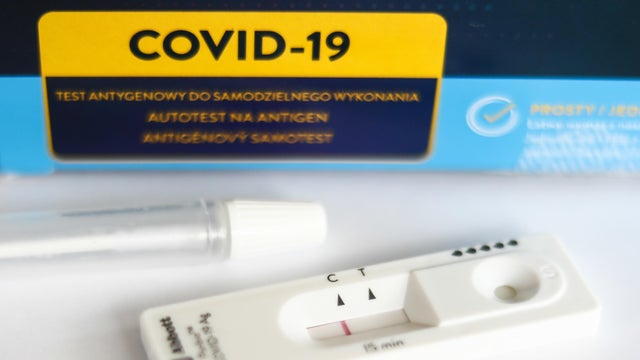
A large study from Massachusetts found that babies whose mothers had COVID-19 while pregnant were slightly more likely to have a range of neurodevelopmental diagnoses by age 3.

"People don't realize how much these clinics hold together the local health system until they're gone," said the head of Maine Family Planning clinics.
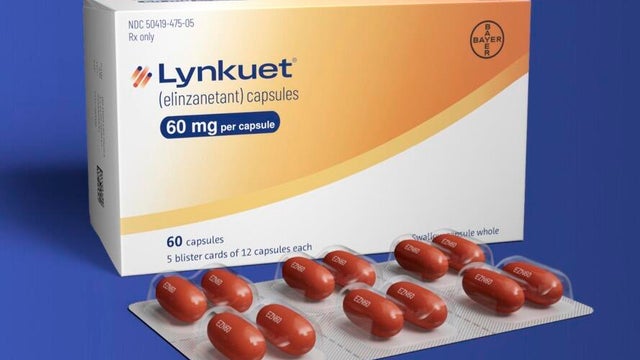
The U.S. Food and Drug Administration has approved Lynkuet, a new medication that does not contain hormones to treat hot flashes due to menopause.

The study on urinary tract infections was based in Southern California, but researchers said the findings may apply to communities across the United States.
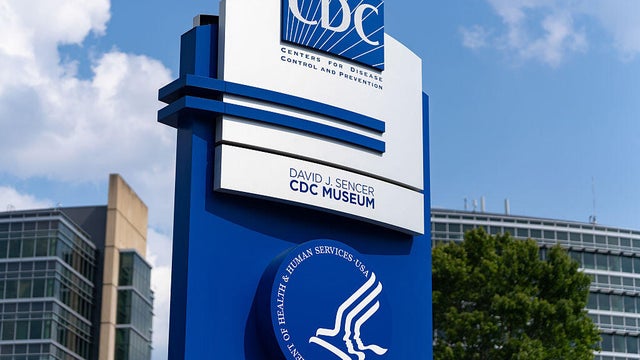
"They went in and fired entire programs, even statutorily mandated by law programs they cut entirely," she told CBS News. "So there is no staff to do this work anymore."
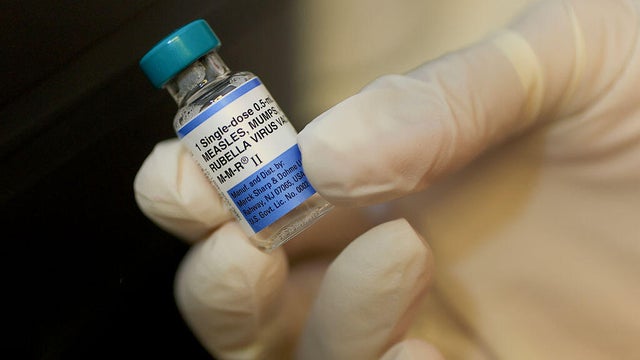
President Trump's suggestion that the combination measles, mumps and rubella vaccine should be separated marks a sharp break from decades of immunization practice.
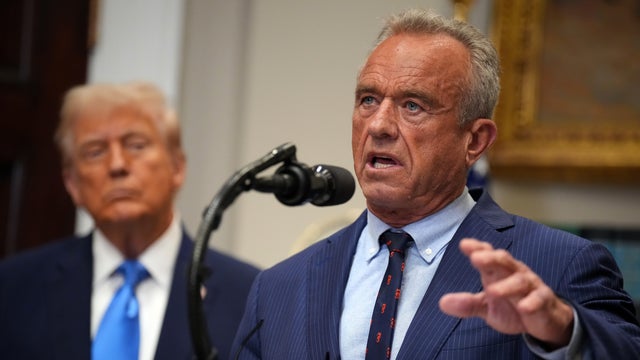
HHS Secretary Robert F. Kennedy Jr. has floated the idea of adding autism to the list of conditions covered by the Vaccine Injury Compensation Program. What would that mean?